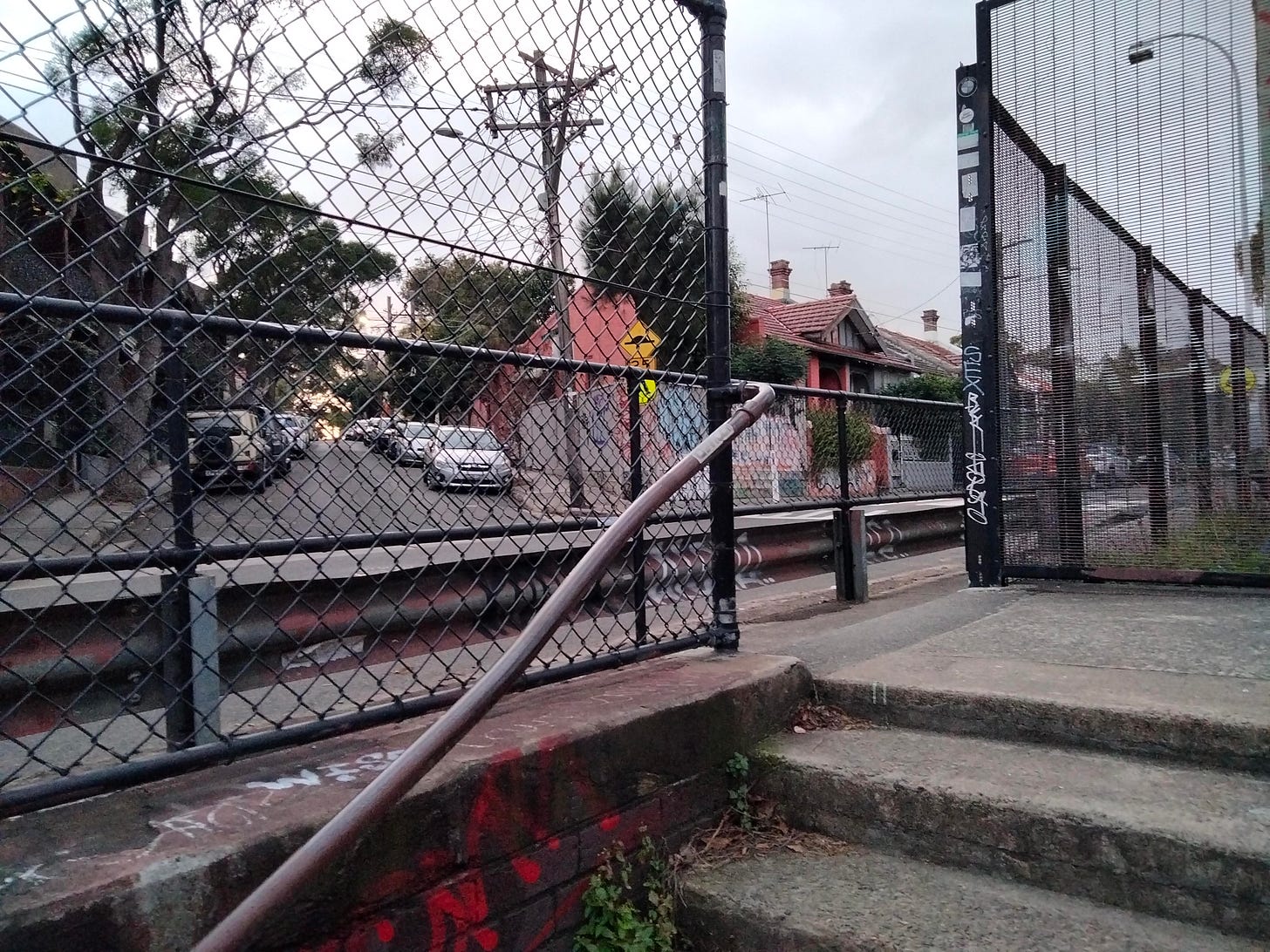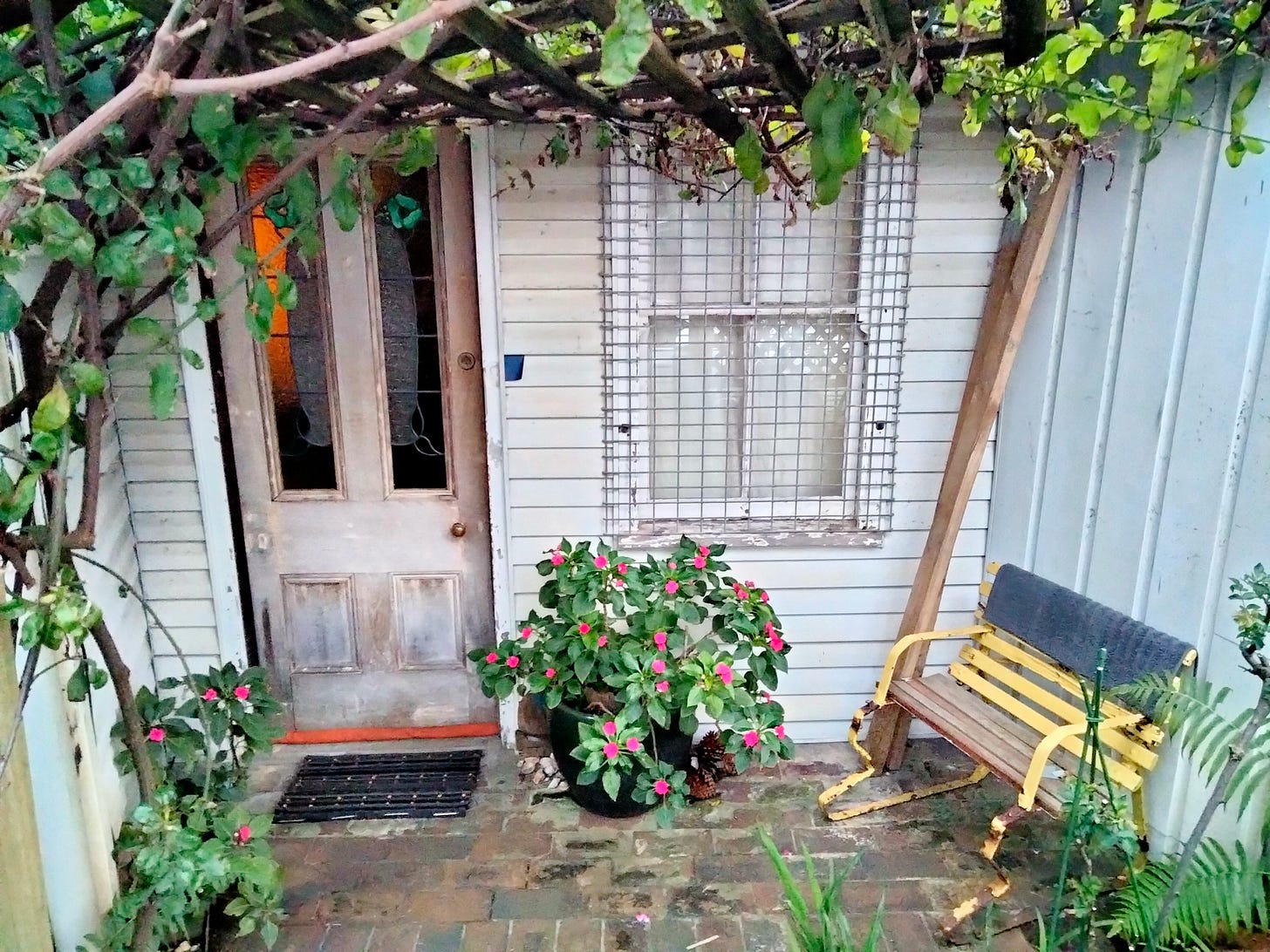Published: 2023-08-08
We've all had those annoying experiences when one is cooped up with some knowledgeable and well meaning friend who is providing helpful advice which one is not ready to hear, and there is no escape. The helpful, well meant advice is coming in one ear, registering and meeting a firm resistance.
The Loneliness of Realisation
Imagine a person who, quite by accident, felt inspired to examine some aspect of history of which they thought they had a reasonable general understanding. A moment of time arrived to perform that examination using recent sources. After a little shock, a teaspoon of discomfort, a questioning of the authority of the persons offering the differing account and finally arriving a realisation that the accepted version is wholly unreliable. It was downright wrong.
Another opportunity for the exact same happened, and follow up this person did, for exactly the same result. "Okay, there's something happening here, Mr Jones." Once, is a bit strange, but twice feels ominous.
To delve, or not to delve?
Delve they did, only to discover that much of history is very misrepresented and that a truer history reveals a sequence of deceits to bring nations to war, sometimes for reasonable reasons, but always to the profit of a few. Backgrounds are similar for other contentious events where hidden powers are those benefiting rather than the more innocuous explanations. Roll out all the "lone gunmen" and "bad apples".
Having reached this disastrous reappraisal of their understanding of history, the individual is quite shocked. A realization that a whole series of hidden influencing groups are the profiteers, financially or otherwise is the more realistic account. Then the loneliness comes.
Why does almost nobody else know about this? Why is it that only on-line in strange little communities could this person converse with others about this? A combination or self-imposed ostracism and frustration set in.
Ring any bells? I've been there and damaged a few friendships by raising some of the new understandings I'd reached. The character of the friendships shifted. This increased the sense of isolation I felt, and thus my frustration. A dangerous slide awaited. It was difficult to manage. For the deeper I delved, the more outrageous it seemed "nobody" knew about this, the more the importance grew, and the more lonely I felt.
In reflection, this whole "newsletter" was a way of attempting to share the less challenging of these understandings in a not too threatening way. Only you, dear reader, can assess how well I achieved that loose goal. There were other things going on too: learning how to write less terribly and using myself as a guinea pig in assessing the challenges and frustrations of self-publishing.
Gratuitous Advice
Let us begin with one of humanity's most powerful and often underrated abilities, to feel and display compassion for another; to sense, to personally feel some component of another's frustration, or loss, or sorrow. To both wish them the strength to pass through it and do what little one can to be there with them. To let them know that at least one other has a skerick of understanding of the pain and confusion in which they find them self.
When I read of another person passing through the phase of isolation and frustration, as outlined above, I do my best to summon my compassion, to remember. Before we get to the gratuitous advice, let us explore where else compassion can be applied.
Consider those people who have not yet delved, who do not realize how devoid of a deeper understanding is their understanding of history. Do they not also warrant some compassion? Does it matter if they have rejected opportunities to cross the Rubicon into understanding and a territory of isolation and frustration? Does it matter if they have yet to have been given such an opportunity? Is it your job to give them such an offering?
I would say, not much, to the first, and almost certainly not to the last. If you wish to impart such an opportunity to, say to a friend, ask yourself why? Then ask that again a couple of times. To what degree are you trying to solve your loneliness rather than their seeming ignorance? We enter difficult territory here, difficult territory which can yield a little self understanding.
I have no answers, though I have come upon a newer, different realization. Like all deeper understandings, it has been sitting in front of my nose, staring me in the face for most of my life. I hadn't developed the ability to see it clearly, not so much to understand it, as know it. To maintain an equanimity, to reduce frustration and stress, one should avoid attempting the impossible. Or, more positively, one should place effort in goals which are achievable. The larger they are, the more they should be broken down into smaller, more approachable goals, so that little by little, one can sense achievement. There are also elements of "one day at a time", or "a journey of a thousand miles begins with a single step".
The Achievable
To achieve this new, radical understanding of history takes time; a lot of it. By a change in circumstances I was gifted this time for my investigations. Should one wish to raise this challenging topic with another, they will also need the time to perform their research and come to their own conclusions.
If you wish to engage in this purpose, raising these troublesome topics, make a list of the persons which may be available to you. Now cross off those who do not possess this time.
As noted above, a social relocation, which is to say a partial social disconnection and then re-integration is involved in engaging in this endeavour. At first sight, or in the first phase it appears as though one can have a continued stable social environment or a deeper understanding of history, a more truthful one. Thus, a false choice appears of stability and ignorance versus instability and truth. Obviuosly, both stability and a better understanding can be achieved, though the troublesome transition period seems unavoidable. So now, from your list, cross off those who require social stability for whatever reasons.
Now you have a list of potential "targets", people armed with the time and prepared to take the risk of having their world view shaken and accept the short term consequences of it. We're framing the achievable and we're almost there.
One needs to put in the effort up front, not just in achieving the new understanding but being ready to assist those who choose to accept the poisoned chalice which you wish to offer. Pick a small collection of interesting and not earth shattering topics which you could raise.
There are topics which are very important, like 9/11, which entirely fall outside of this restriction. A guideline for topics is history which occurred before the lifetime, or very early in the lifetime of the individuals you wish to engage. Examples would be the causes of WWI, the attack on the USS Liberty, the assassination of MLK, the use of the IMF and World Bank as a form of debt slavery to maintain the US Empire, and many others. Make your small selection and gather references for each. Compile them down into a small collection of written, audio and/or video citations with links contained in a single document, one for each topic. Include for the author or presenter/producer of each citation links to assist in assessing their credibility by the receiver of your document. Ensure that you proof your document, that each link does open and is what you want. Do not include in the document alarming language and almost certainly none of your own opinion.
Opportunity
The last task is to create the opportunity to raise the topic or topics with the selected individuals, either individually (probably better) or collectively. Only you can know how to do this for these people. A recommendation would be to not "spring it" on someone at some random event. Ensure that there is time for discussion and that other less challenging activities are available so as not to box them into a corner.
Having planned all of the above, ask yourself again: why are you doing this? If you're happy with the answer, weigh anchor and set sail to your rendezvous with your prepared provisions.
Results
How does one assess the results of one's efforts? The only person able to change someone's mind is them self, as we noted at the beginning of this essay. The same is true again here. Thus, whether someone changes their understanding of history based on your efforts is not a fair assessment. The question is whether they made use of the materials you provided, not whether they agreed with them.
For any "success" you have, there is a wonderful opportunity awaiting, that you can be for them a person with whom they can confide as they discover new and perhaps alarming understandings. This is a wonderous double return for they may investigate topics which you have not, so that you can learn of these together.
Should you take this trip, this is a destination I hope you discover.
Culture
These Days (from the album Odyssey Number Five), Powderfinger, released 2000-09-04










